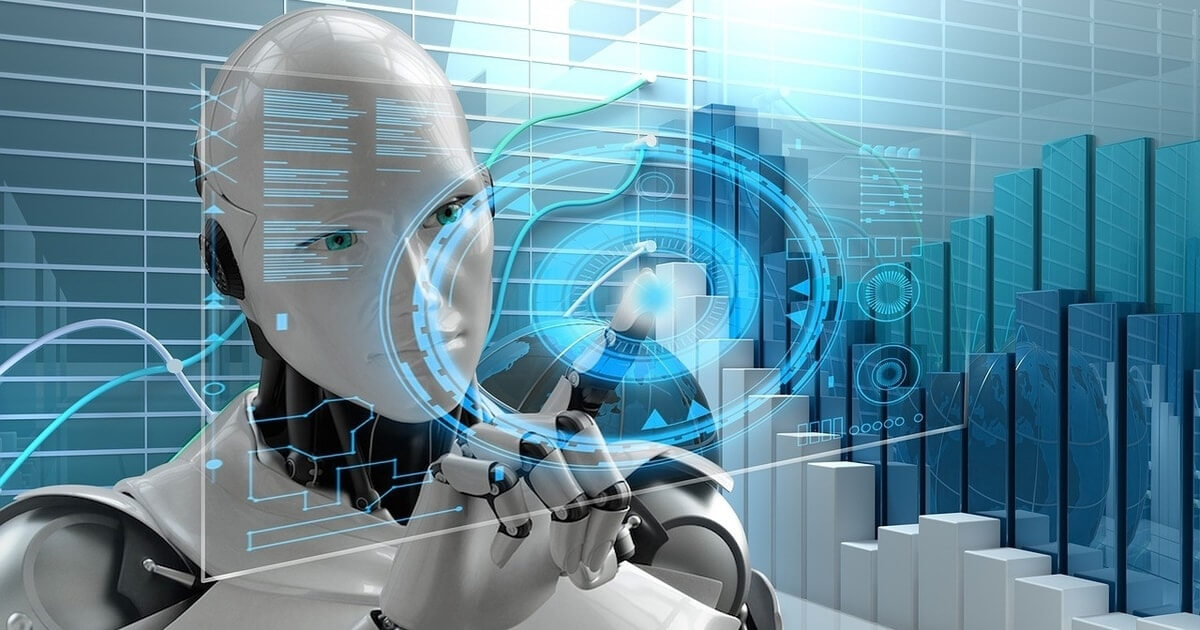AI Companies Respond to Copyright Infringement Claims
Rebeca Moen Apr 22, 2023 08:28
Stability AI, Midjourney, and DeviantArt have responded to a lawsuit brought by artists who claim that their work was used without permission to train generative AI systems. The companies argue that the resulting AI-generated images are dissimilar to the artists’ work, and that the lawsuit lacks specific information about the allegedly misused photos.

On April 18, Stability AI, Midjourney, and DeviantArt issued a response to a lawsuit brought by artists who accused the companies of extensive copyright infringement. The artists claimed that their work was used without permission to train generative AI systems, and that the resulting AI-generated images, created in their styles, were also infringing. The companies filed motions seeking the dismissal of the proposed class-action lawsuit, arguing that the AI-generated images were dissimilar to the artists’ work and that the lawsuit lacked specific information about the allegedly misused photos.
Stability AI, a deep learning, text-to-image model AI company, argued in their filing that the artists "fail to identify a single allegedly infringing output image, let alone one that is substantially similar to any of their copyrighted works." Midjourney, an AI company that generates images from natural language descriptions, similarly argued that the lawsuit did not "identify a single work by any plaintiff" that it "supposedly used as training data." DeviantArt, an online community for artists that offers a service enabling users to generate images using Stability AI's Stable Diffusion system, supported the same arguments as Stability AI, and claimed that it was not responsible for any alleged wrongdoing by the AI companies.
The artists, Sarah Andersen, Kelly McKernan, and Karla Ortiz, filed the lawsuit in January, claiming that their rights had been violated. In accordance with United States case law, copyright holders can establish that the outputs produced by an AI program infringe upon their copyright if the program had access to their works and the resulting outputs are deemed "substantially similar." The artists alleged that their works were used without permission to train the AI systems, and that the resulting outputs were infringing.
Recent innovations in AI are raising new questions about how copyright law principles such as authorship, infringement, and fair use will apply to content created or used by AI. Generative AI computer programs such as Stability AI's Stable Diffusion program and Midjourney's self-titled program are able to generate new images, texts, and other content or outputs in response to a user's textual prompts or inputs. These generative AI programs are trained to generate such works partly by exposing them to large quantities of existing works such as writings, photos, paintings, and other artworks.
While the use of AI to generate new content offers exciting possibilities, it also raises important legal questions. As AI systems become more sophisticated and capable of generating outputs that resemble existing works, copyright holders may face new challenges in protecting their intellectual property rights. At the same time, AI companies will need to navigate complex legal terrain in order to avoid infringing upon existing copyrights. As the legal landscape evolves, it will be important for artists, AI developers, and legal professionals to work together to establish clear guidelines for the use of AI in creative endeavors.
Image source: Shutterstock.jpg)
